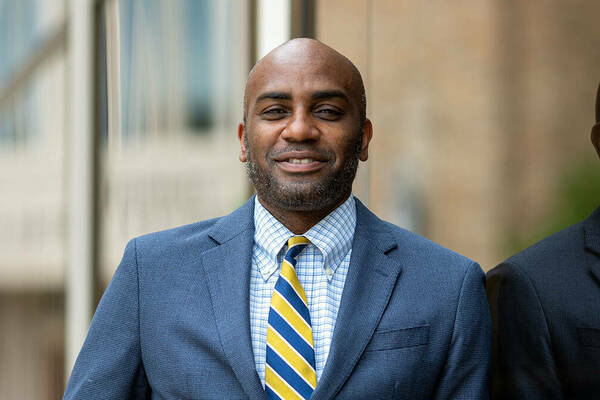State legislatures don’t get as much attention as Congress, but when it comes to stability of American democracy, they’re just as important, said Jeffrey J. Harden, the Andrew J. McKenna Family Associate Professor in the Department of Political Science.
“We've seen state legislatures trying to pass policies that bear on whether people can vote or not. We've seen state legislatures take positions on the presidential election,” said Harden, who also is a concurrent associate professor in the Department of Applied and Computational Mathematics and Statistics and a faculty affiliate with the Lucy Family Institute for Data & Society.
“They're making policies, or at least they have ideas for policies, that are consequential for not just politics today, but for how our democracy looks in the future.”
His 2022 book The Illusion of Accountability: Transparency and Representation in American Legislatures includes his finding that when state governments are open to public scrutiny and oversight, lobbyists can more easily exert their influence, which leads to policy that is more extreme than public opinion.
“Opening up the legislature can counterintuitively make representation worse for average citizens of a state,” he said.
Harden co-directs the Representation and Politics in Legislatures Lab, where he and colleague Rachel Porter lead a team of students, faculty, and other researchers affiliated with the Rooney Center for the Study of American Democracy in studying legislative institutions, legislators, and representation in the United States and beyond.
Harden, who is now researching voter ID laws, said exploring how democracy can be strengthened aligns with Notre Dame’s focus on making the world a better place.
“If we can find the right set of reforms that make government more equitable, that distribute power more equally, we can make everyone better represented,” he said. “And that goes hand-in-hand with the idea of working toward the common good.”


